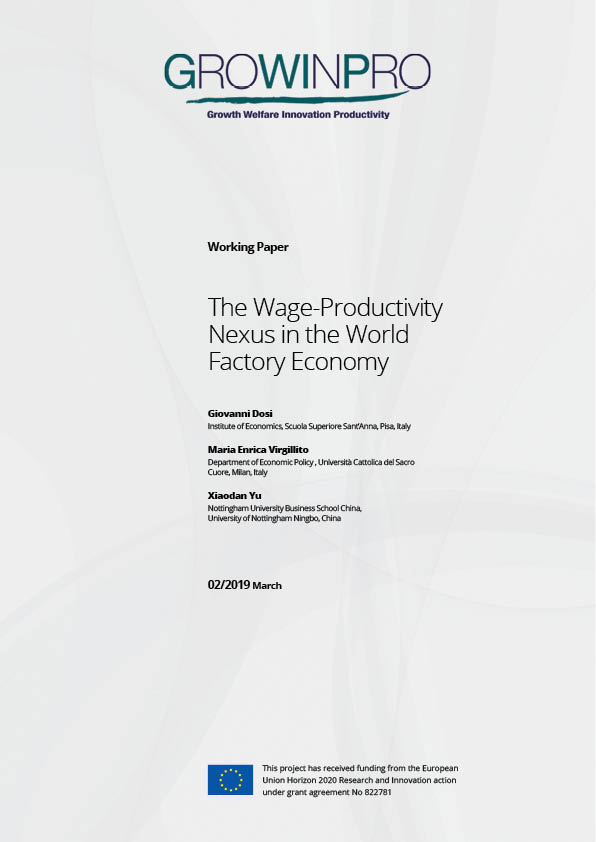This paper investigates the presence of explicit labour-saving heuristics within robotic patents. It analyses innovative actors engaged in robotic technology and their economic environment (identity, location, industry), and identifies the technological fields par- ticularly exposed to labour-saving innovations. It exploits advanced natural language processing and probabilistic topic modelling techniques on the universe of patent ap- […]








